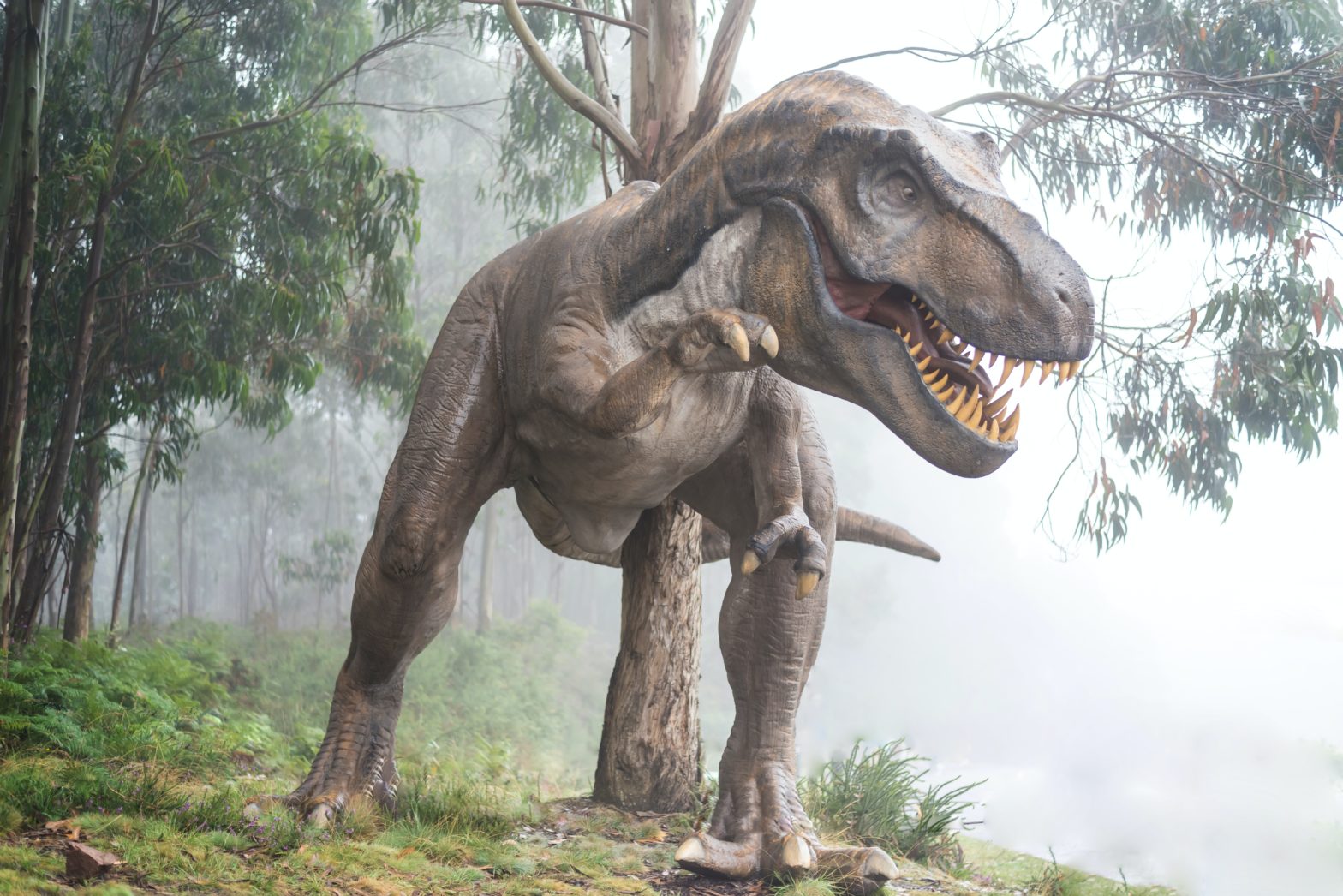Dinosaur Valley State Park in Texas couldn’t have a more appropriate name. CNN reports that drought recently caused the river there to dry up, revealing dinosaur tracks from over 100 million years ago.
Experts believe that the tracks belong to the Acrocanthosaurus, a dinosaur similar to the Tyrannosaurus Rex. Both walked upright and as apex predators, they likely inspired fear in creatures lower on the food chain.
According to Thought Co, “Acrocanthosaurus is Greek for high-spined lizard.” It was one of the largest meat-eating dinosaurs of the Mesozoic period, along with Spinosaurus, Giganotosaurus and Tyrannosaurus Rex. The name Acrocanthosaurus doesn’t roll off the tongue easily. This could explain why many people outside of paleontology have never heard of it.
Stephanie Salinas Garcia, a park spokeswoman says, “most tracks that have been uncovered and discovered at different parts of the river in the park belong to Acrocanthosaurus. This was a dinosaur that would stand, as an adult, about 15 feet tall and weigh close to seven tons.”
Another dinosaur also left its mark. Sauroposeidon was an herbivore that was part of the sauropod class. The chief identifying feature of these dinosaurs was a long neck.
“While these newer tracks were visible for a brief amount of time; it brought about the wonder and excitement of finding new dinosaur tracks at the park,” Garcia continues. “Dinosaur Valley State Park will continue to protect these 113-million year-old tracks not only for present, but future generations.”
As exciting as it was to see these pre-historic footprints, climate change is cause for concern. Typically, sediment would fill the prints, making them harder for the untrained eye to spot.
Texas experienced record high temperatures this summer, especially in places like Austin and San Antonio.
CNN notes that “more than 60% of Texas was experiencing drought last week in two of the most intense categories, according to the US Drought Monitor. The state also recently has experienced heat waves that pushed temperatures into the triple digits, leaving millions under excessive heat alerts.”





